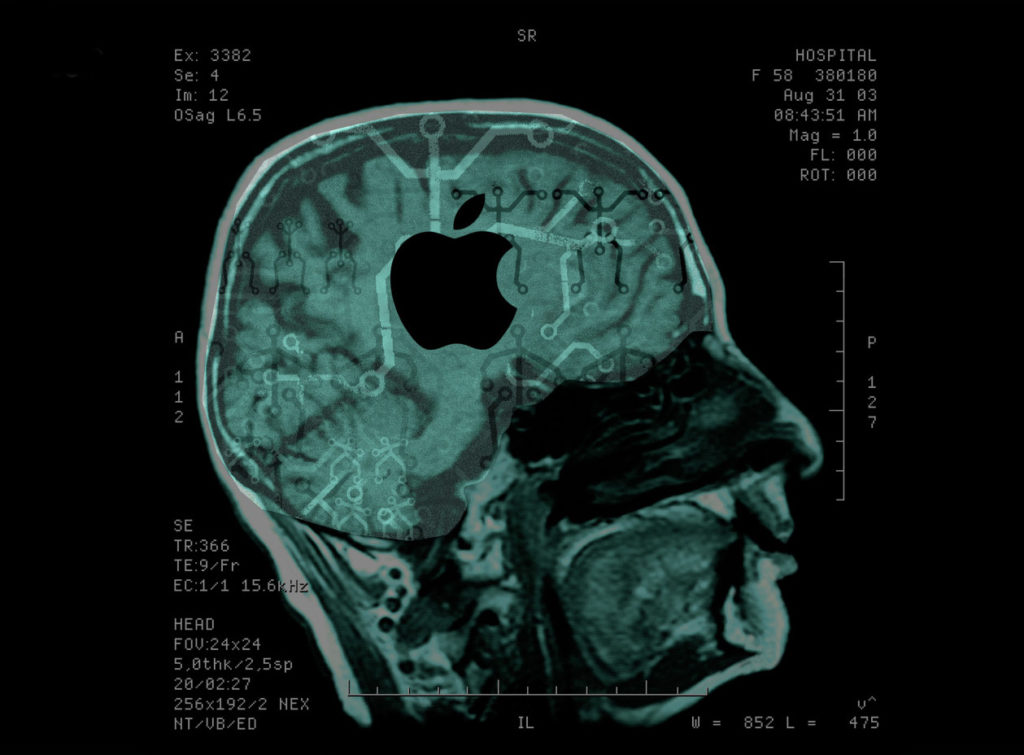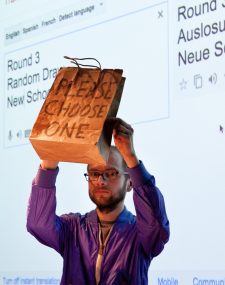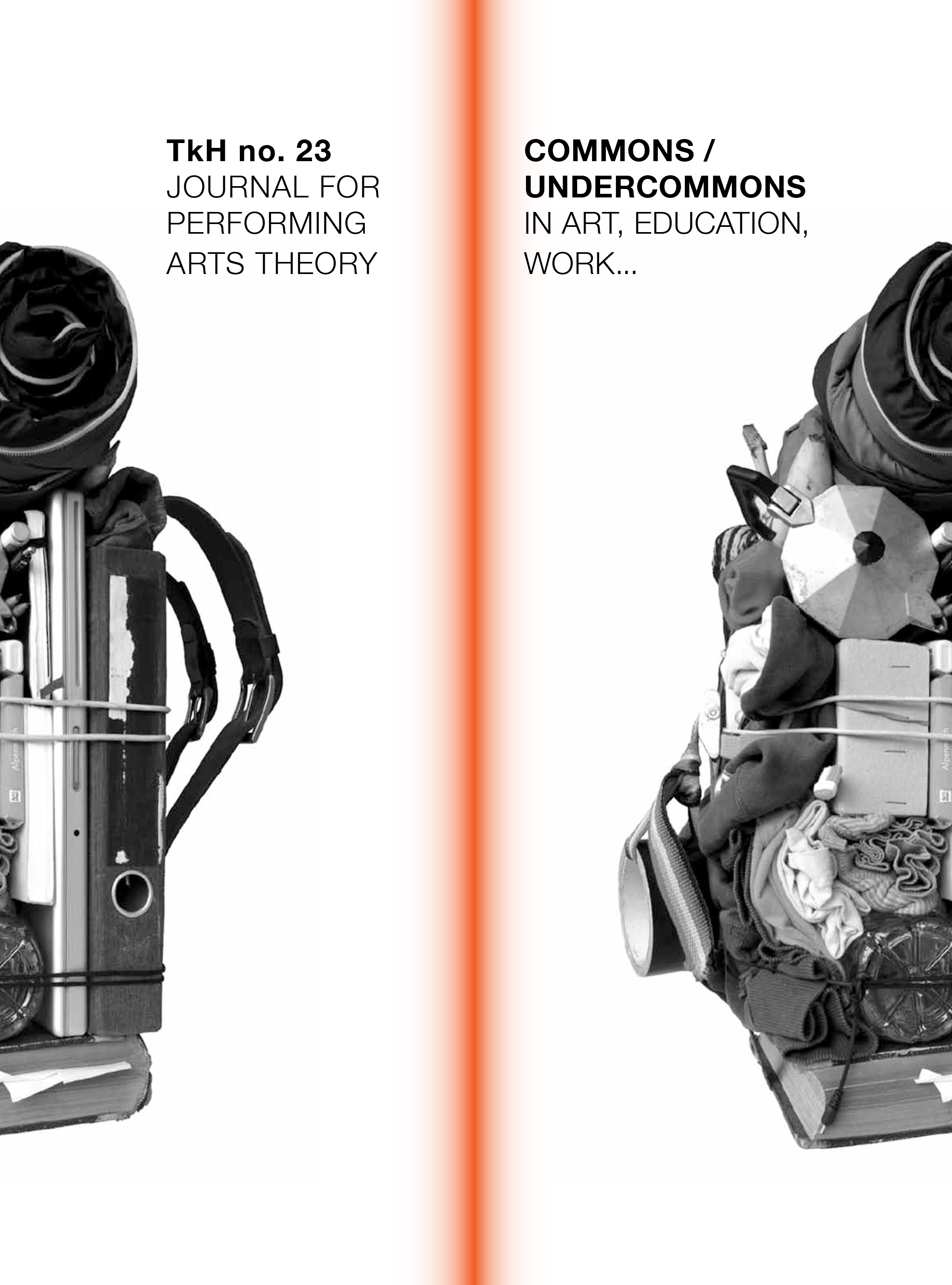Making & Breaking, 1: Cultural Production and Social Change (2019)
Filed under journal | Tags: · critical making, cultural production

“The first issue of Making & Breaking delves into questions on the role of cultural production as a contributing force for emancipatory social transformation. This is an urgent and difficult question today, given the ways through which much cultural production lubricates neoliberal operations since the 1980’s (especially it’s spurring of inequality); including the plight of critical practices whose modes of antagonism are frequently subsumed. As a result of decades-long policies, many systems of cultural production increasingly mirror or inadvertently participate in ideological machines supporting the status quo, foreclosing on just resource distribution, human well-being, not to mention our very planet.
It is against these tendencies that Making & Breaking probes modes of cultural production that engage with questions of social transformation. How can our current models for understanding art and cultural production be refashioned, and reconceived to live up to the claims of contributing to debates on social betterment? How can they help to redirect libidinal energies, that are often today co-opted by what Mark Fisher termed digital machines of “consciousness deflation”, to take on new formulations of futural desire and attachment? How does the category of human experience figure in our global plight, in view of the impersonalization that comes with increasing complexity?
In the first issue of Making & Breaking artists, curators and theorists reflect on these questions across a wide spectrum of cultural production and geographies.” (from the Introduction)
Contributions by Dulcie Abrahams Altass, Benjamin Busch, Florian Cramer, Katherine Cross, Max Dovey, Rhian E. Jones, Arjen Mulder, and Patricia Reed.
Edited by Sebastian Olma and Patricia Reed
Publisher Centre of Applied Research for Art, Design and Technology (Caradt), Avans University, January 2019
Amodern, 8: Translation-Machination (2018)
Filed under journal | Tags: · language, machine, machine learning, media, technique, translation

“Amodern 8 explores the contexts and implications of translation as mechanism, media, technique, and transmission. Our tethering of “translation” to “machination” marks our intention to move beyond the habit of situating MT and computer-generated language in the familiar crisis poses of fakery, treason, and inauthenticity. Rather than regarding the machine as marking the limits of translation – an assumption that risks walling off translation practice from media and communication studies concerns, while still absorbing its products – our aim is to continue to investigate the possibilities and configurations of translation as machined, and translation as machining meaning, historically and in the contemporary moment.”
With contributions by Rita Raley, Otso Huopaniemi, John Cayley, Christine Mitchell, Tiffany Chan, Mara Mills, Jentery Sayers, Avery Slater, Quinn DuPont, Andrew Pilsch, Nick Montfort, Jane Birkin, Karin Littau, and Joe Milutis.
Edited by Christine Mitchell and Rita Raley
Publisher Concordia University and Lakehead University, January 2018
Creative Commons Attribution-Non Commercial 3.0 Unported License
TkH, 23: The Commons / Undercommons in Art, Education, Work … (2016)
Filed under book, journal | Tags: · art, commons, curating, education, knowledge, politics, subjectivation, undercommons, university, work

“The fifteen pieces in this issue are the result of a somewhat peculiar endeavor. Between May 29 and June 1, 2014, we held a conference at Frankfurt Lab under the title of The Public Commons and the Undercommons of Art, Education, and Labour. Its title reflected our concerns about diagnosing the current predicament of higher education in the arts and humanities, artistic production, and cultural work. To summarize briefly, two turns have lately merged that characterize the transformation of work, knowledge, and subjectivation processes across the arts field and the Academy: the educational and the curatorial turn. While the educational turn has yielded a new academic (professional) valorization of artistic praxis (in the so-called creative or practice-based PhDs), coupled with a proliferation of degrees and a prolongation of financialized, debt-stricken study (also as a temporary deferral or relief from the market and its projective temporality), the curatorial turn has corresponded to a neoliberal style of managing both art and education, reducing time and attention, critical and transformative (poetic) engagements with one’s own art and study.” (from the Introduction)
With contributions by Harutyun Alpetyan, Gigi Argiropoulou, Stefano Harney, Gal Kirn, Boyan Manchev, Randy Martin, Fred Moten, Isabel de Naverán, Norbert Pape, Nina Power, Goran Sergej Pristaš, Jason Read, Jan Ritsema, Ana Vujanović, and Josefine Wikström.
Edited by Bojana Cvejić, Bojana Kunst, and Stefan Hölscher
Publisher TkH (Walking Theory), Belgrade, and Institute for Applied Theatre Science, Justus Liebig University, Giessen, April 2016
Creative Commons BY-NC-SA 3.0 Serbia License
ISSN 1451-0707
72 pages

